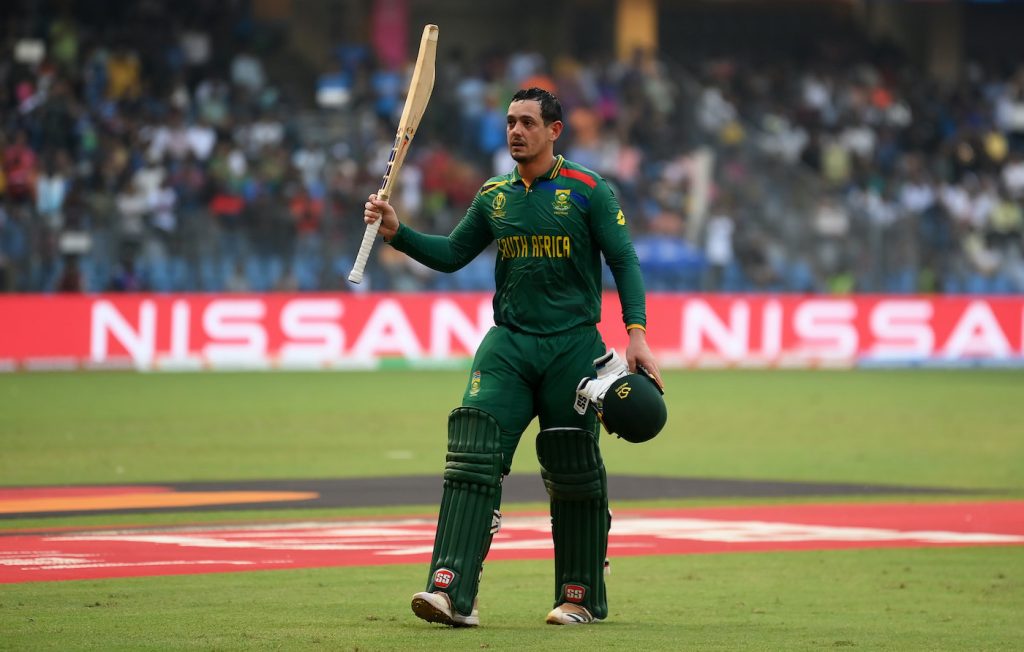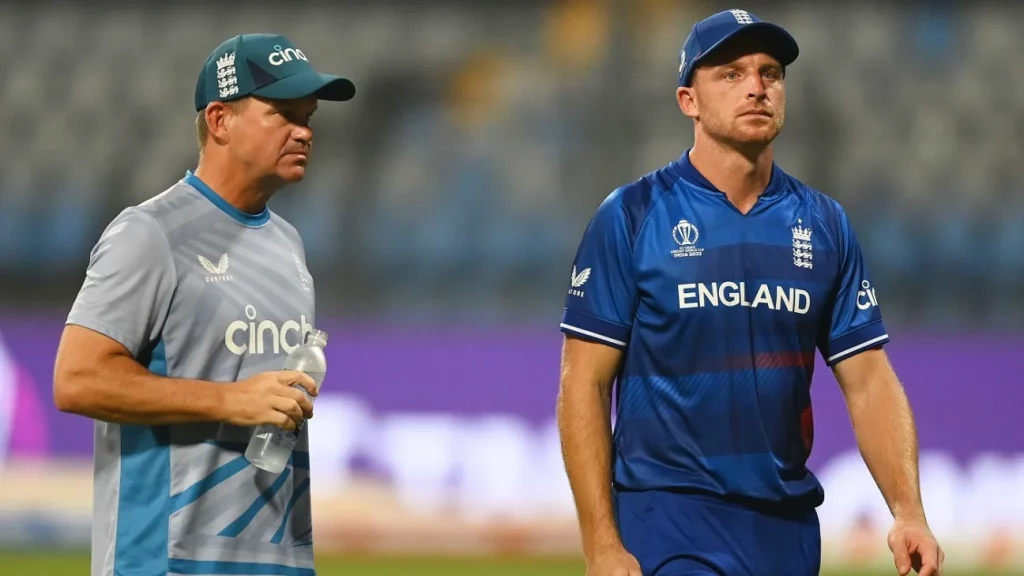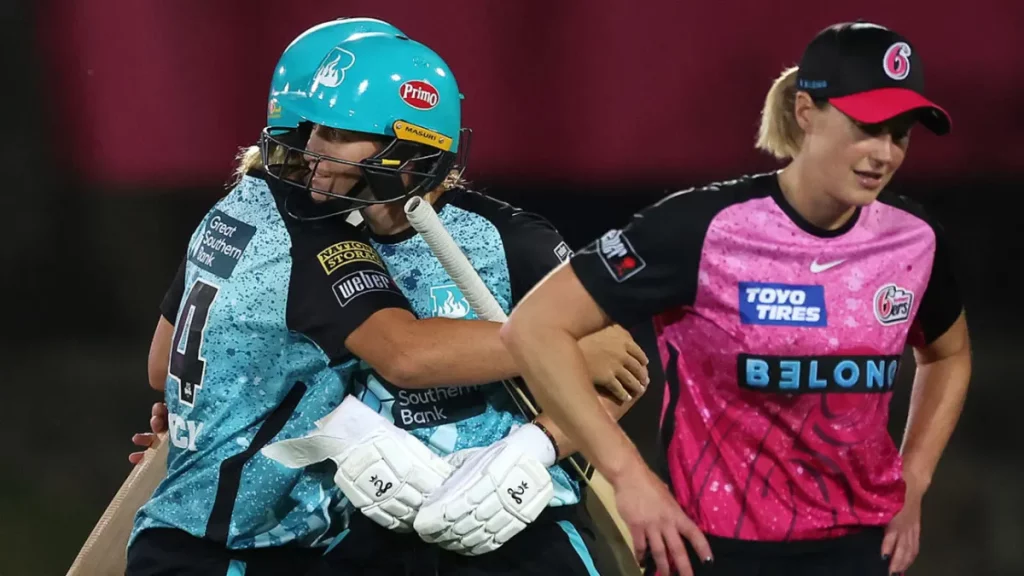David Warner, a name synonymous with Australian cricket, has had a career that’s as much about his on-field exploits as it is about his brushes with controversy.
Michael Clarke, Warner’s first Test captain, sheds light on Warner’s journey, highlighting how his exceptional talent often overshadowed his off-field issues.
Warner’s debut in 2011 under Clarke’s captaincy marked the beginning of an era where his aggressive approach and natural talent were evident.
However, his career wasn’t without its challenges. In 2013, Warner faced suspension following an altercation with Joe Root, missing the first two Tests of the Ashes.
Warner’s Unique Approach and Impact

Clarke emphasizes Warner’s tough character and aggressive approach, both on and off the field. Warner’s game, largely self-taught at the highest levels, showcases his ability to do things other players couldn’t.
His journey from a T20 specialist to a Test opener raised doubts, but Warner’s talent and intent were undeniable.
He followed in the footsteps of Australian batting legends like Matthew Hayden and Michael Slater, adopting an aggressive style that set the tone for the team.
Warner’s ability to take on the new ball in Test cricket, maintaining his intent to score runs, has been a hallmark of his playing style.
Warner’s Value to Australian Cricket
Despite his controversies, Warner’s value to the Australian team was immense, leading to a concerted effort to retain him.
Senior players and Cricket Australia played a significant role in ensuring Warner’s central contract wasn’t terminated.
Clarke’s confidence in Warner’s abilities and his importance to the team were key factors in this decision.
Warner’s natural talent and his contributions as an opener were too significant to overlook, despite the challenges he posed off the field.
Warner’s Role in Modern Australian Cricket
Warner’s career trajectory, from a T20 sensation to a Test cricket stalwart, reflects his adaptability and skill.
His aggressive batting style, willingness to take risks, and ability to score runs against the new ball in Test cricket have earned him praise and recognition.
Clarke likens Warner to Matthew Hayden, highlighting his ability to set the tone for the innings and take on the opposition from the outset.
The Future of David Warner
Clarke believes that the recent Test in Sydney would have been an ideal time for Warner to retire from all formats of international cricket.
However, Warner has chosen to continue playing T20 cricket, eyeing the upcoming World Cup.
This decision raises questions about balancing domestic T20 performances with international commitments.
Warner’s form in domestic T20s will be crucial for his selection in the national team, especially with the emergence of young talent in the T20 format.
Warner’s Legacy and Continued Influence
David Warner’s career, marked by exceptional talent and occasional controversy, has been a significant chapter in Australian cricket.
His aggressive batting style, ability to overcome challenges, and contributions across formats have solidified his place as one of the game’s greats.
As he transitions to focusing on T20 cricket, Warner’s legacy as a dynamic and impactful player remains undeniable.
In conclusion, David Warner’s cricketing journey is a testament to his extraordinary talent and resilience.
His ability to rise above controversies and maintain his aggressive approach to batting has made him a key figure in Australian cricket.
As he continues to play T20 cricket, Warner’s influence on the game and his legacy as a player will continue to be a topic of discussion and admiration.




